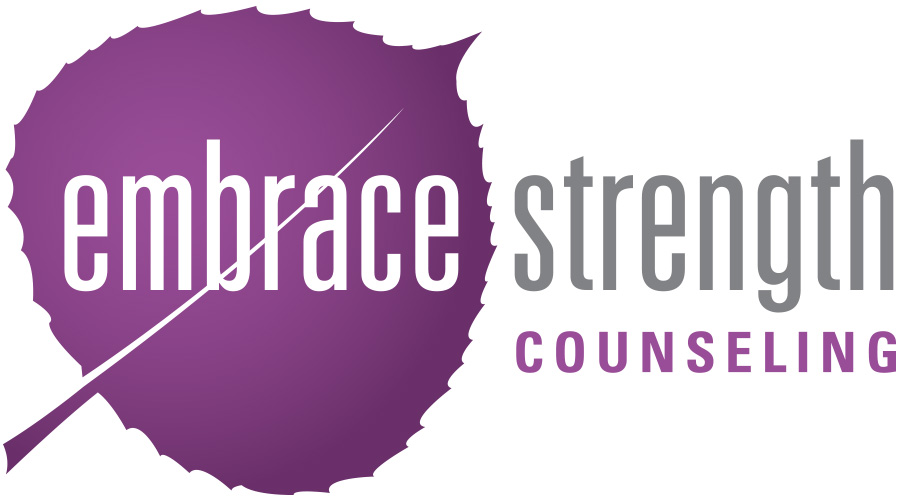How do you relate to your thoughts? Do you think your thoughts are true, important, or realistic? Do you sometimes think you thoughts should be listened to or obeyed? Do you ever feel threatened by your thoughts? As human beings, thoughts are going through our heads on a regular basis – it is part of our uniqueness and one of the things that sets us apart from other species. This unique ability can be both helpful and unhelpful when navigating life. For example, the thought “I am strong and capable” during a difficult time can remind you of your resilience and ability to cope, whereas the thought “I am weak and will never get through this” can lead to feelings of hopelessness and despair.
Thoughts = words in our minds.
The thing about thoughts is – they are simply words, language, symbols . . . Sometimes we hook into an unhelpful thought and relate to it in an unhelpful way. For example, we might listen to it and act on it, feel bad about ourselves because of it, engage in a pattern as a result of it, or rely on a unhelpful behavior to try to get rid of it (i.e. drinking, cutting, restricting food, purging) . . . In those moments we are relating to the unhelpful thought as if it were true, important, a reality, or something to be obeyed.
For some people, the way they relate to their thoughts generally isn’t a problem – meaning their thoughts don’t cause suffering or interfere in their lives on a regular basis. It’s not that they don’t have negative or unhelpful thoughts – it’s how they relate to them. They may notice an unhelpful thought and ignore it or let it go by. Or they may periodically distract themselves from a thought but it doesn’t become a pattern or problem in their lives.
Thoughts can become a powerful source of pain, suffering, and avoidance.
In The Happiness Trap, Russ Harris suggests that one of the ways you can change the way you relate to your thoughts is to think of your thoughts like a story, and just like a story – know that your thoughts are not always true, reality, or important. In fact, he asserts that when thinking about your thoughts – whether they are true or false is not as important as whether they are helpful versus unhelpful in helping you live a life according to your values. Just as in literature there are different genres such as fiction, non-fiction, fantasy – the same is true of our thoughts. By stepping back from our thoughts and thinking of them as a story, we can choose how we relate to them. We can choose what thoughts we want to pay attention to and base that choice on whether the thought is helping us create the life we want to live. According to Harris:
Humans rely a lot on their thoughts. Thoughts tell us about our life and how to live it. They tell us how we are and how we should be, what to do and what to avoid. And yet, they are nothing more than words, which is why in [Acceptance and Commitment Therapy] we often refer to thoughts as stories. Sometimes they are true stories (called “facts), and sometimes they are false. But most of our thoughts are neither true nor false. Most of them are either stories about how we see life (called “opinions,” “attitudes,” “judgments,” “ideals,” “beliefs,” “theories,” “morals,” etc.) or about what we want to do with it (called “plans,” “strategies,” “goals,” “wishes,” “values,” etc.). In ACT, our main interest in a thought is not whether it’s true or false, but whether it’s helpful; that is, if we pay attention to this thought, will it help us create the life we want?
So, the next time a thought enters your mind – try taking a step back and looking at the thought like a story – What would the title be? How does it end? Is it the story you want to be living? If not, let the thought pass by without hooking into it and giving it power in your life.
For more information on ACT and The Happiness Trap, please visit www.happinesstrap.com. To learn more about my services, including Acceptance and Commitment Therapy, please visit my website.
Pen Writing Image courtesy of www.freedigitalphotos.net.


